
Registration is free for this fully virtual May 7 event, focused on "Thriving in the Age of AI" in K-12 and higher education.
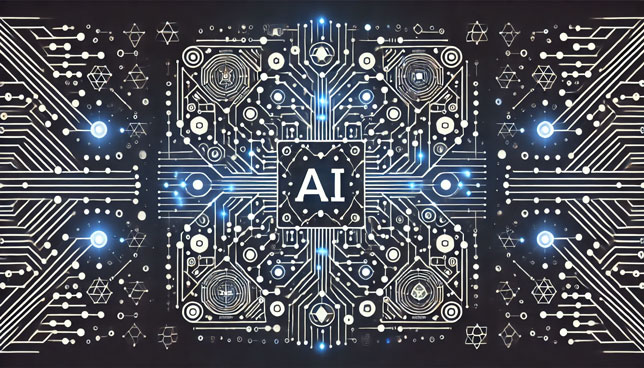
Tech training provider Innovate Tech X has introduced a new Certified AI Engineer Pathway Program designed to help high school students attain in-demand skills and certifications in artificial intelligence.
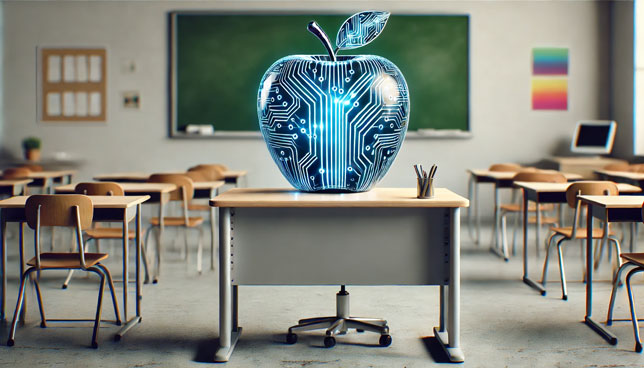
The Southern Regional Education Board's Commission on AI in Education has published six recommendations on adopting artificial intelligence in schools, colleges, and universities. The guidance marks the commission's first release since it was established last February, with more recommendations planned in the coming year.
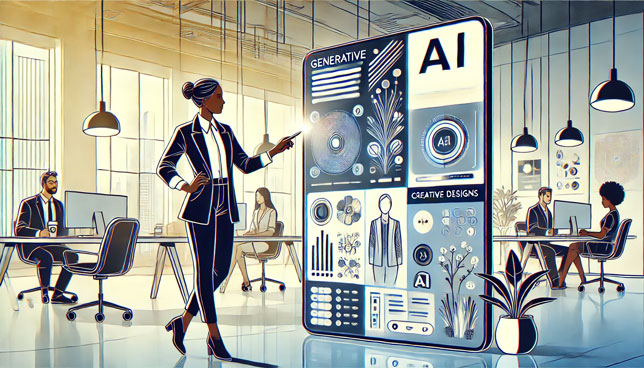
A new study on how knowledge workers engage in critical thinking found that workers with higher confidence in generative AI technology tend to employ less critical thinking to AI-generated outputs than workers with higher confidence in personal skills.
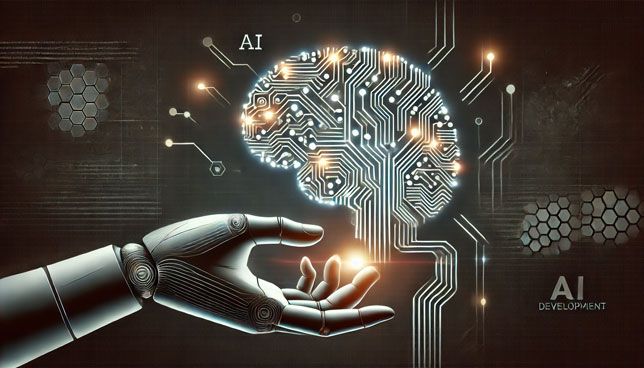
Organizations must reassess traditional approaches to AI development in light of DeepSeek AI's disruptive debut, according to the Cloud Security Alliance (CSA).

OpenAI has canceled plans to release its o3 model, opting instead for a "simplified" product lineup centered on its upcoming GPT-5 product.

OpenAI has unveiled a new "Deep Research" feature that enhances ChatGPT with the capabilities of a "research analyst" that automates time-consuming research by retrieving, analyzing, and synthesizing online information.

AI has tremendous potential to do good in education while honoring and upholding the essential role of teachers. However, its success will depend on how we choose to use it.
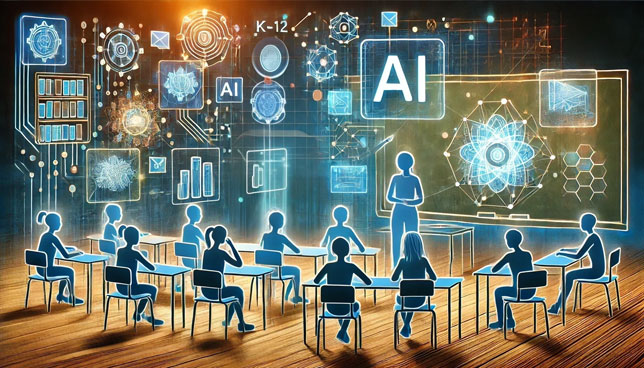
When AI is deployed responsibly and equitably, the potential advantages of empowering more personalized learning, optimizing student engagement, uncovering gaps in education, automating routine tasks, and freeing up more time for effective teacher-student interactions have the power to transform education.
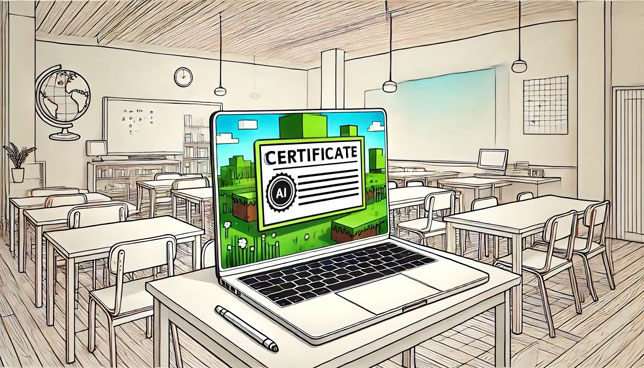
Prodigy Learning and Minecraft Education have partnered to bring credentialing in AI skills to the Minecraft learning environment. "AI Ready Skills" is the third learning, assessment, and credentialing product from the two companies.